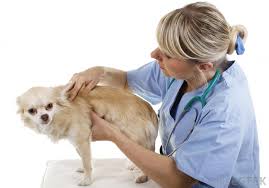Veterinary Toxicology
In animals, veterinary toxicology means understanding of sources of poisons, circumstances of exposure, diagnosis of the type of poisoning, treatment, and application of management or educational strategies to prevent poisoning. Aquatic toxicology is the study of the effects of chemicals and other anthropogenic and natural materials and activities on aquatic organisms at various levels of organization, from subcellular through individual organisms to communities and ecosystems. Branch of toxicology deals with insecticides. Most of the insecticides enter through skin. Some of the insecticides are volatile and enter through inhalation into the body. This branch also deals with safety, degradation and refinement of insecticides in environment.
- Veterinary pharmacology
- Veterinary pathology
- Applications & Current Trends
- Clinical Veterinary Toxicology
- Animal Toxicology Essentials
- Venomous Animals


